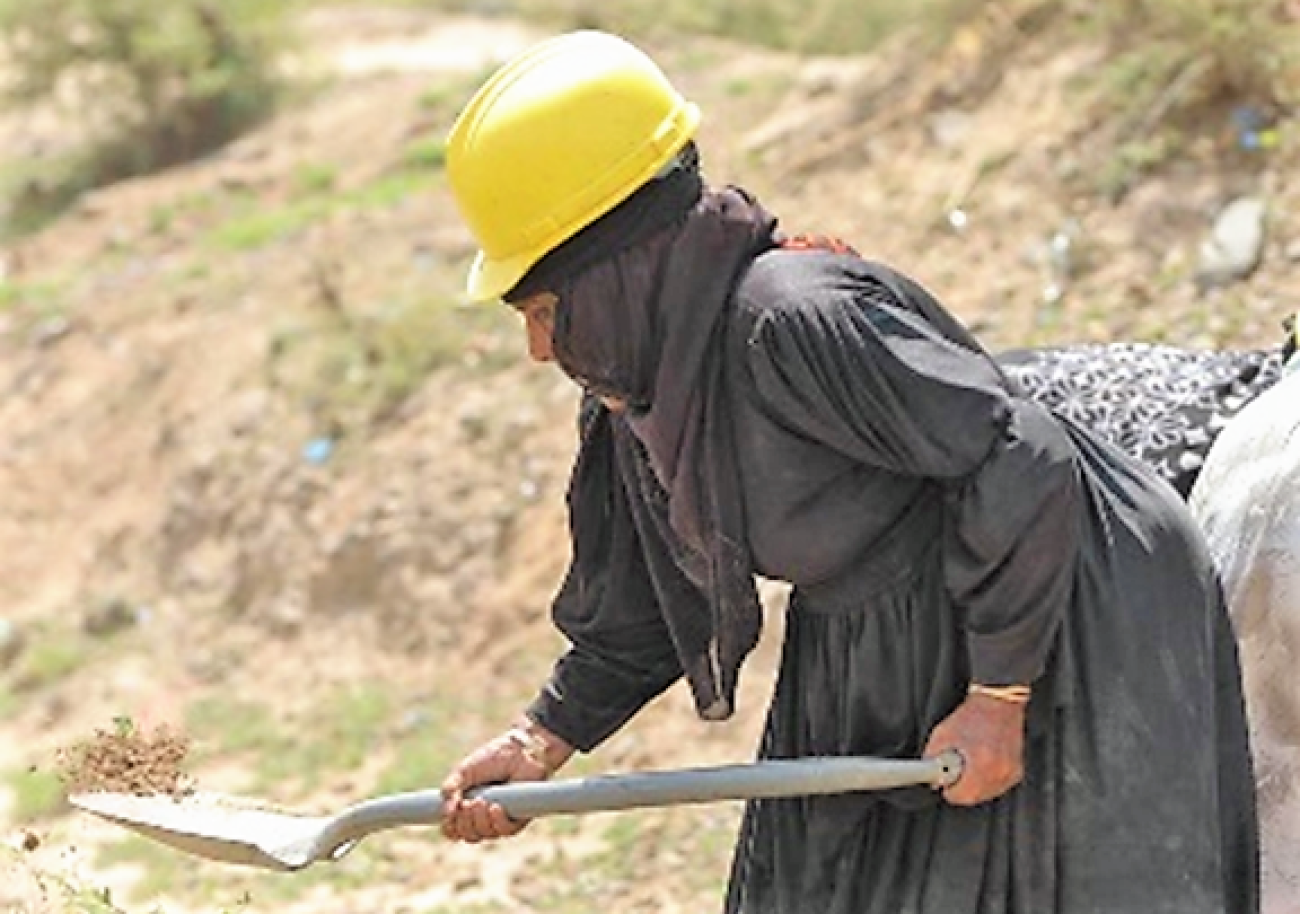Since 2015, armed conflict has fuelled a crisis of unprecedented magnitude in Yemen.
In the last year alone, more than 685,000 people were forced to flee their homes and there are currently about 3.3 million displaced, in total – equivalent to more than 10 per cent of the entire population.
While violence threatens the lives and safety of all civilians, women and children are among the most vulnerable – particularly when they are displaced and without the social networks and safety nets that would ordinarily be provided by their communities. Within the first six months of conflict in 2015, reports of gender-based violence increased by 70 percent and, according to a recent survey, armed actors and camp administrators are among the most likely perpetrators. More than 1,500 children have been killed; 1,500 boys have been recruited for armed conflict and many families have resorted to harmful coping mechanisms – including forcing girls younger than 18 years into marriage.
Fighting in the village of Al Kadaha forced Hakemah Salman to abandon her home and take refuge in the village of Jabal Zaid in central Yemen. The widowed mother of three explains, “We had to flee with nothing but the clothes we had on.” Desperate to feed her children and without other options, Hakema resorted to begging.
To help Yemenis like Hakemah and her family, UNDP’s Social Protection for Community Resilience Project has partnered with the Social Fund for Development to implement a cash-for-work project. Funded by the European Union, the project assists the most vulnerable people to gain skills in areas such as construction, farming, and reclaiming agricultural land. These skills equip participants to engage in paid work and, ultimately, to buy basic necessities such as food and water for their families.
With the farming skills she acquired through the project, Hakemah is now able to work and earn a fair wage. She describes the day she received her first official payment: “I was so happy to get paid for my work! With the money I have earned, I am able to buy food for my children – we now have rice, wheat and sugar.”
Equally important, she says, is that she no longer has to depend on the charity of others: “I used to have to ask neighbors for something – anything – to eat, but thanks to UNDP and SFD, I can earn a living rehabilitating agricultural land.”
To date, participants from 526 have been trained and are now earning enough to meet the needs of their families – effectively improving the lives of a about 3,600 people.
***
The Social Protection for Community Resilience Project (SPCRP) is funded and supported by the European Union (EU) and implemented by UN Development Programme (UNDP) in partnership with The Social Fund for Development (SFD). The US$28 million project aims to enhance the purchasing capacity of vulnerable communities while restoring community infrastructure, improving access to key services, and building the capacity of communities and local authorities.




